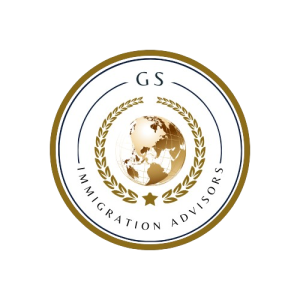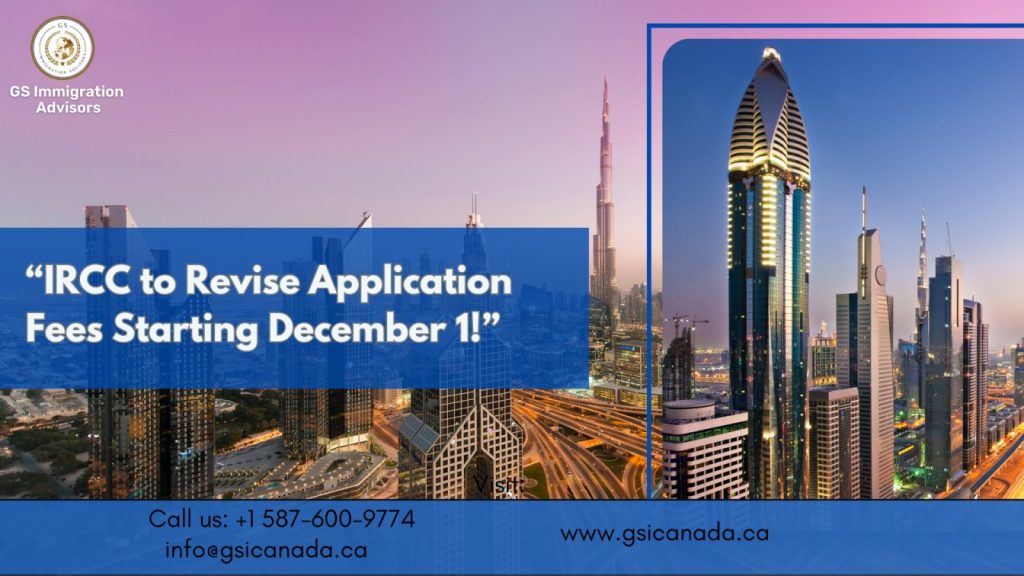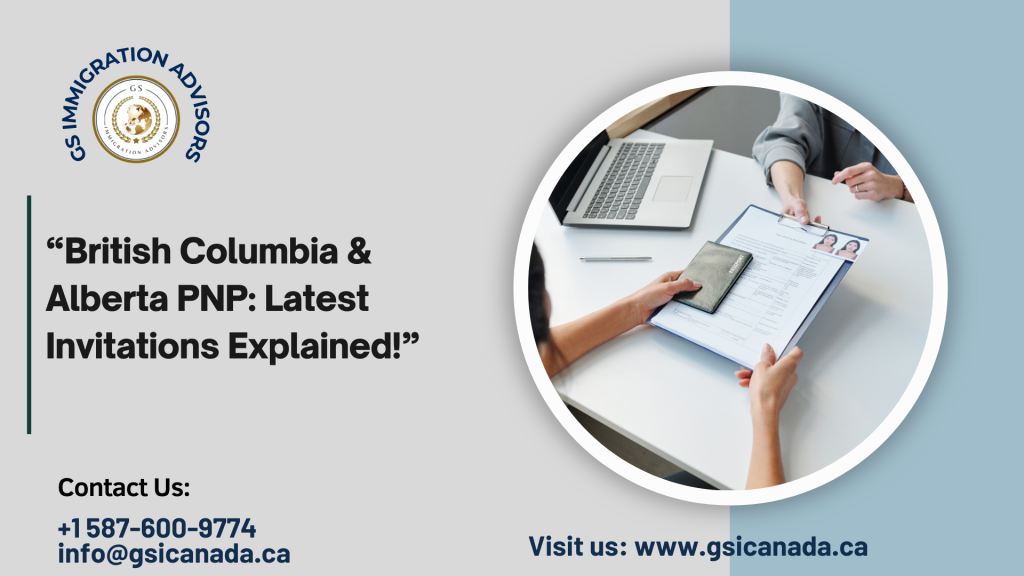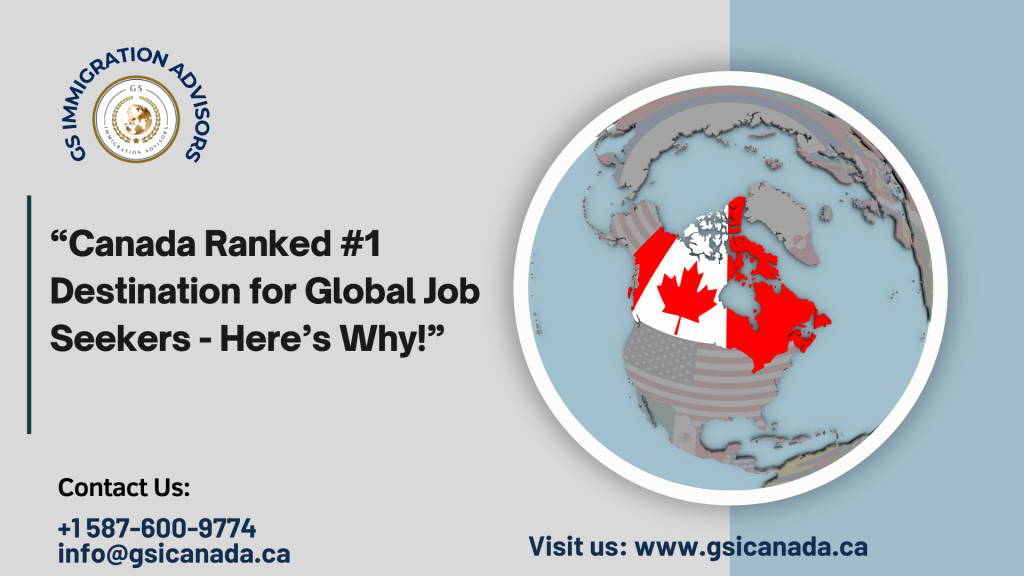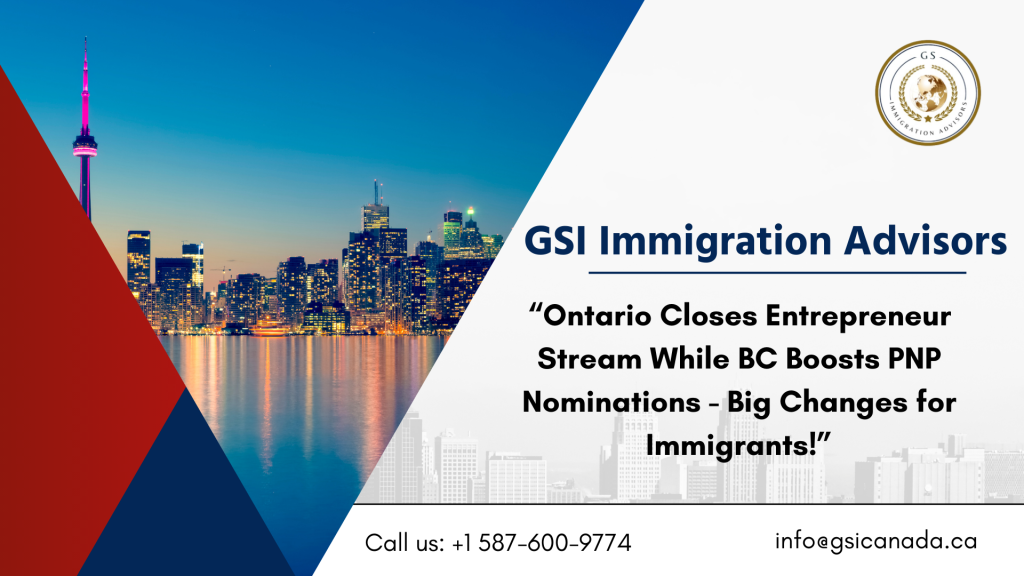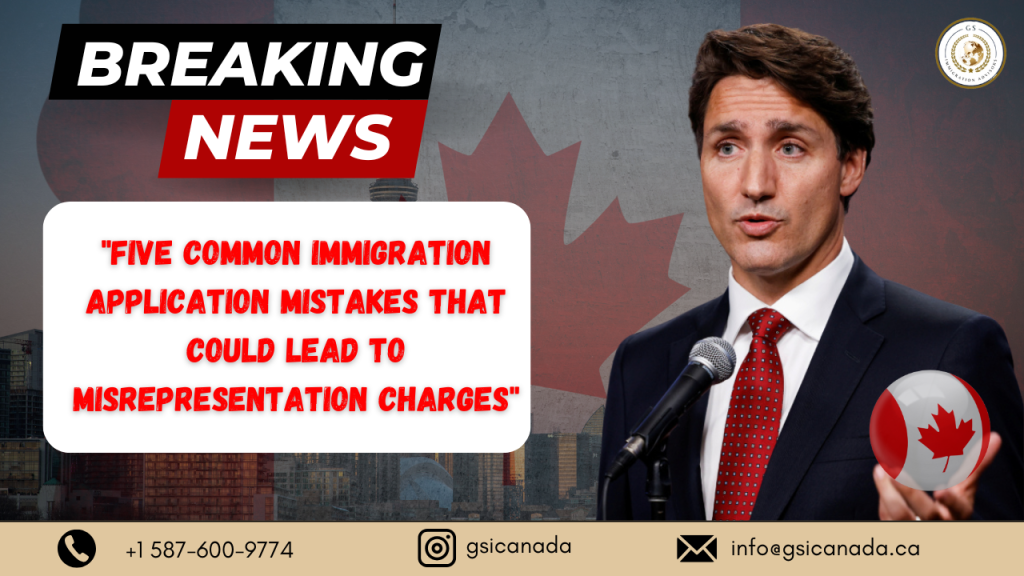“IRCC to Revise Application Fees Starting December 1!”
On December 1, 2024, Immigration, Refugees, and Citizenship Canada (IRCC) will increase application and processing fees for several types of temporary resident applications, including: Applications to restore temporary resident status (for visitors, workers, and students) Applications for authorization to return to Canada Criminal rehabilitation applications (including cases of serious criminality) Temporary Resident Permit (TRP) applications Discover if You Are Eligible for Canadian Immigration Current fees Application type Current application fees (CAD) Restoration of visitor status $ 229.00 Restoration of student status $ 379.00 Restoration of worker status $ 384.00 Authorization to return to Canada $ 459.55 Inadmissible on grounds of criminality $ 229.77 Inadmissible on grounds of serious criminality $ 1,148.87 Temporary Resident Permit (TRP) $ 229.77 Applicants submitting their applications with the old fees may not need to worry about the fee increase if specific conditions are met. Online Applications: Applications submitted online are received immediately, allowing for instant or near-instant validation of the submission. Mailed Applications: For applications sent by mail, there is typically a delay between when the documents are mailed and when IRCC receives them. If the fee changes during this time, the application is unlikely to be rejected as long as: The full, old fee was paid, A complete application was submitted, and The application was mailed before the fee change took effect. If additional payment is required due to a fee increase, IRCC will provide instructions on how to pay the difference. Paying the Fee Difference for Applications Applicants who submitted applications using the old fee before the fee increase and are required to pay the difference will be given instructions by IRCC. Here’s how to manage this: Calculate the Fee Difference: Determine the difference between the old fee and the updated fee. This also applies to fees for family members included in the application. Make the Payment: Use the “Make an additional payment or pay other fees” option on IRCC’s online payment tool. Enter the total fee difference under “Quantity.” A receipt will be issued for each payment. Multiple receipts can be generated in a single transaction or across separate transactions. Log in or create an IRCC account to complete the payment. Submit the Receipt: Follow the instructions provided in IRCC’s fee adjustment request on how to submit the payment receipt. This process ensures that applications remain valid even if fees change after submission. Discover if You Are Eligible for Canadian Immigration
